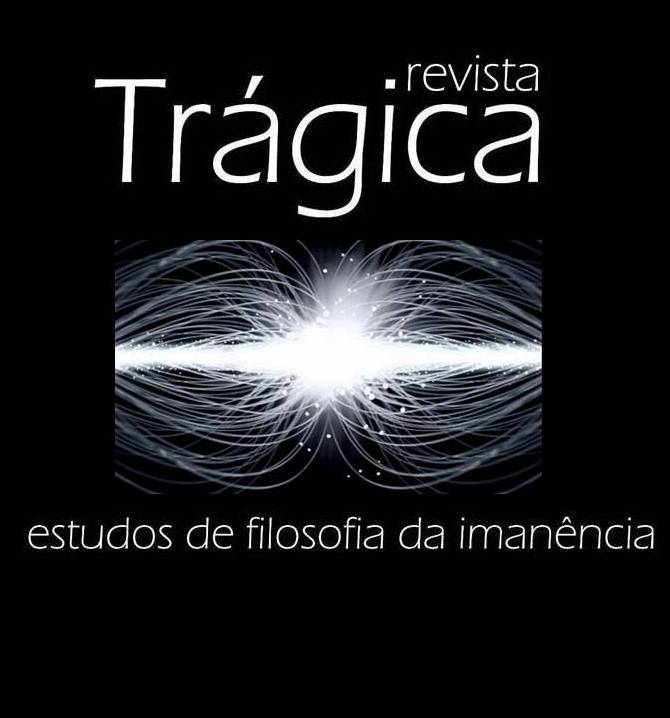A CRÍTICA DE NIETZSCHE AO IDEAL ALEMÃO DE BILDUNG
DOI:
https://doi.org/10.59488/tragica.v11i3.27359Keywords:
Cultura, Civilização, Individualidade, Semântica histórica.Abstract
O objetivo deste artigo é analisar a mudança semântica do ideal alemão de Bildung na época de Nietzsche e a reinterpretação que o filósofo propõe do conceito. Bildung é um dos conceitos fundamentais da modernidade na Alemanha e, em sua formulação clássica designava um imperativo moral de auto-aperfeiçoamento do indivíduo e a humanidade como ideal normativo. Nietzsche criticou a degradação desse ideal em mera cultura geral e o filistinismo cultural de sua época. Em seu lugar, Nietzsche propõe uma tipologia das culturas. Ele reinterpreta o conceito de cultura como unidade de estilo e a ideia de cultivo da individualidade como novo imperativo do indivíduo que se desvencilhou da moral tradicional.Downloads
Published
Issue
Section
License
Authors retain the copyright and grant the journal the right of first publication, with the work simultaneously licensed under the Creative Commons Attribution 4.0 International (CC BY) license. This license allows third parties to remix, adapt, and create from the published work, attributing authorship and initial publication in this journal. Authors are authorized to assume additional contracts separately, for non-exclusive distribution of the version of the work published in this journal (e.g. publishing in an institutional repository, on a personal website, publishing a translation, or as a book chapter), with recognition of authorship and initial publication in this journal.













